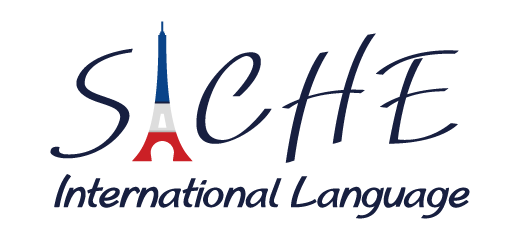Frequently Asked Questions
Health Care Interpreting (HCI), is scheduled interpretation that takes place in health care settings of any sort, including doctor’s offices, clinics, hospitals, home health visits, mental health clinics, public health presentations, and financial assistance. Typically, the setting is an interview between one or more health care providers (doctor, nurse, lab technician), health care team(s), and a patient (or the patient and one or more family members).
What is the definition of a qualified (acceptable to work for most providers in Oregon) interpreter?
An individual who has been assessed for professional skills, including language proficiency, demonstrates a high level of proficiency in at least two languages, and has the appropriate training and experience to interpret with skill and accuracy while adhering to the National Code of Ethics and Standards of Practice published by the National Council on Interpreting in Health Care.
A bilingual individual is a person who has some degree of proficiency in two languages. A high level of bilingualism is the most basic of the qualifications of a competent interpreter, but by itself does not ensure the ability to interpret. A bilingual employee may provide direct services in both languages but, without additional training, is not qualified to serve as an interpreter.
In popular usage, the terms “translator” and “translation” are frequently used for conversion of either oral OR written communications. However, within the language professions, translation is distinguished from interpreting according to whether the message is produced orally (interpreting) or in writing (translation).
The following seven components together comprise a reasonably comprehensive process for initial assessment of qualifications for health care interpreting.
- Basic language skills. General proficiency in speaking and understanding each of the languages in which the applicant would be expected to work. (If multiple languages are involved, it is essential that the applicant’s ability in each language be assessed, especially those in which the applicant may have more limited proficiency.) The applicant should be able to demonstrate public speaking skills.
- Code of Ethics. Recognition of ethical issues, knowledge of ethical standards (a code of ethics), and ethical decision-making.
- Cultural issues. Ability to anticipate and recognize misunderstandings that arise from the differing cultural assumptions and expectations of providers and patients and to respond to such issues appropriately.
- Health care terminology. Knowledge of commonly used terms and concepts related to the human body; symptoms, illnesses, and medications; and health care specialties and treatments in each language, including the ability to interpret or explicate technical expressions.
- Integrated interpreting skills. Ability to perform as required for employment, demonstrated by interpreting a simulated cross-linguistic interview with acceptable accuracy and completeness while monitoring and helping to manage the interaction in the interest of better communication and understanding.
- Translation of simple instructions. Ability to produce oral translations, or, where appropriate, brief written translations, of written texts such as signage or medicinal labels.
- Professional presentation of oneself in dress, language, and demeanor in appointments. The ability to consistently dress and conduct oneself in accordance with the client’s expectations conveys respect for the other participants and members of the health care team.
Yes. A certified interpreter is one who meets the requirements for qualification and who is certified as competent by a professional organization or government entity through rigorous testing based on appropriate and consistent criteria. Oregon’s Health Care Interpreter Program through the Oregon Health Authority includes two levels of credentialing qualification and certification. To be credentialled in Oregon as either a qualified or certified Heath Care Interpreter (HCI) a bilingual individual must meet all of the requirements listed on the OHA site. (link to Education button in Opportunities section) Qualification is available to almost all languages, but only seven languages can be certified: Spanish, Mandarin, Cantonese, Russian, Korean, Arabic, and Vietnamese. Certification calls for an extra level of testing.
There are few colleges or universities that offer programs in medical interpreting. For a list of colleges that offer programs in translation and interpreting, see the American Translators Association website atanet.
For self-guided learning about the profession, explore these websites:
- National Council on Health Care (NCIHC)
- Oregon Health Authority (OHA)
- Oregon Health Care Interpreters Association (OHCIA).
Interpreters who have had limited training or have taken a screening test administered by an employing health, interpreter, or referral agency are not considered certified. Some programs offer a certificate of completion, but this does not equal certification.
A good starting point is to review a job description for a health care interpreter at Explore Health Careers. You may also find it useful to read all the information in our OPPORTUNITIES section.
An interpreter, in general, is a person who renders a message spoken or signed in one language into a second language and who abides by a code of professional ethics.
A health care interpreter is one who interprets in health care settings of any sort, including doctor’s offices, clinics, hospitals, home health visits, mental health clinics, and public health presentations. Typically, the setting is an interview between a health care provider (doctor, nurse, lab technician) and a patient (or the patient and one or more family members).

